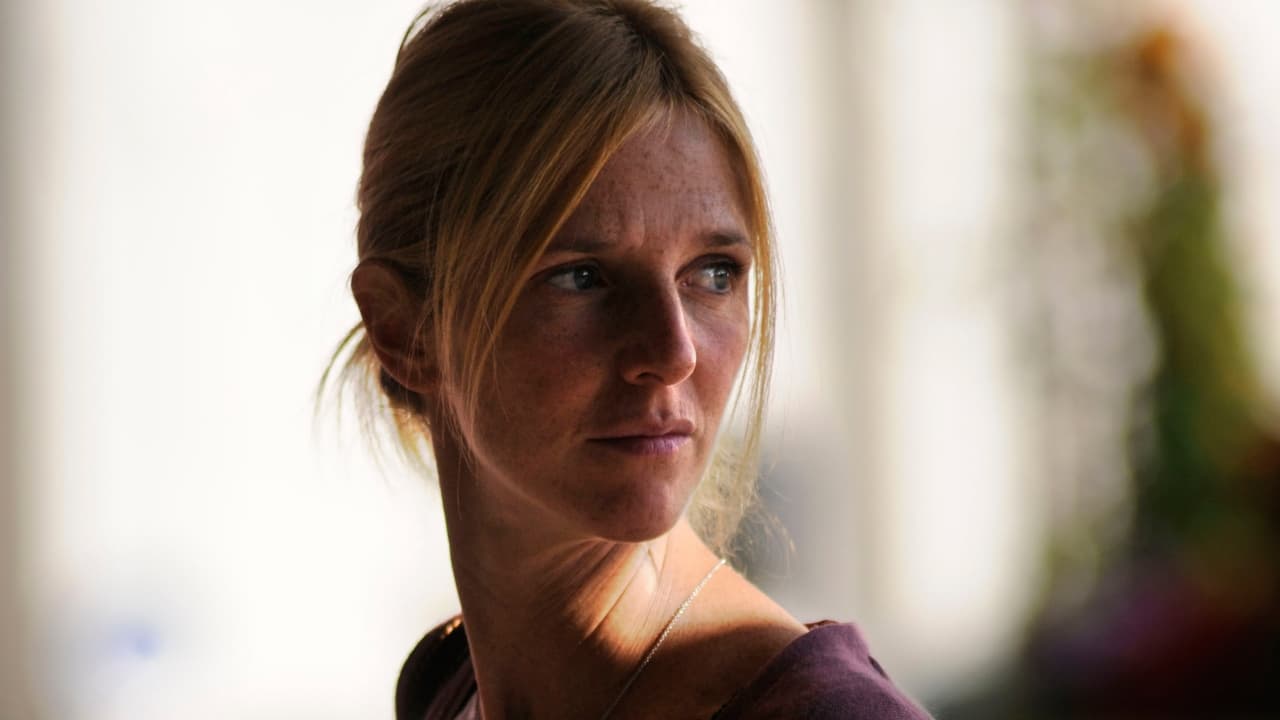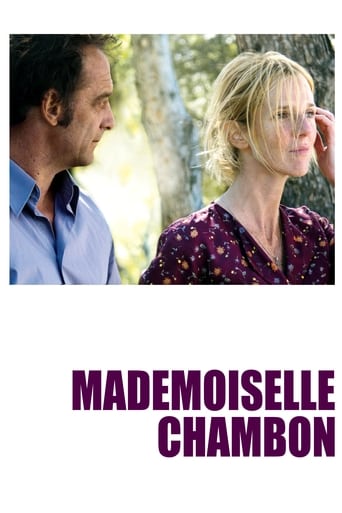Kodie Bird
True to its essence, the characters remain on the same line and manage to entertain the viewer, each highlighting their own distinctive qualities or touches.
Bessie Smyth
Great story, amazing characters, superb action, enthralling cinematography. Yes, this is something I am glad I spent money on.
Yash Wade
Close shines in drama with strong language, adult themes.
Asad Almond
A clunky actioner with a handful of cool moments.
chloegodsell87
This movie is deliciously silent, bursting with tension at every take. Against the backdrop of parochial France, two apparently incongruous beings find respite in each other in spite of an excruciating difficulty: schoolteacher v parent. Amidst the trial and tribulations, however, two souls delight in a certain serenity, calling into question our feelings about relationships which cross boundaries. The father of a primary school boy meets and warms to his son's teacher, Mademoiselle Chambon. She is delicate, warm but uncertain of her future. A tender, insightful look into the nature of human relations.
gradyharp
MADEMOISELLE CHAMBON is a delicate, quiet interlude in the life of a construction worker in a little village whose gentle life is momentarily disrupted by the awakening of feelings of infatuation and the aftermath. Based on the novel by Eric Holder and adapted for the screen by Florence Vignon and director Stéphane Brizé, this little miracle of a movie is what the French do best - understated appreciation for passing passion in a world of ordinary days. Jean (Vincent Lindon) is a construction worker happily married to Anne-Marie (Aure Atika) and adoring father of young son Jérémy (Arthur Le Houérou) and loving son of his retired builder father (Jean-Marc Thibault): he spends his hours away from his work tutoring his son with his wife and bathing his father's feet. Jérémy's new schoolteacher is the very reserved but kind Véronique Chambon (Sandrine Kiberlain, in life the wife of Vincent Lindon!) who requests that Jean speak to her class about his occupation as a builder - an assignment Jean is flattered to accept. The presentation goes well and Véronique hesitantly asks Jean to repair a window in her home. Jean accepts the job (Anne-Marie thinks it is such a kind gesture that she asks Jean to invite Véronique to lunch). Jean replaces the window for the quietly reserved and anxious Véronique, and afterward Jean, noticing that Véronique plays the violin, requests she play for him a 'tune'. It is obvious that the peripatetic teacher is lonely, and it is also obvious that Jean is struck by the fact that a woman of education and musical talent would pay attention to a simple construction worker. In a weak moment the two exchange a kiss and that kiss alters the manner in which each of these two gentle people react to life. The results of this chance encounter play out in the conclusion of the story, a story so tender and yet so grounded in the realities of life that it takes the viewer by the heart and doesn't let go. The many varying moments of intimacy, whether those moments are between Jean and his son, Jean and his father, Jean and his wife, and Jean with Mademoiselle Chambon, are photographed like paintings by cinematographer Antoine Héberlé. The entire cast is excellent and the performances by the five leading actors are superb. The musical score consists of original music by Ange Ghinozzi with a generous sampling of music by Sir Edward Elgar and others. This frail bouquet of a film appreciates silence, the unspoken word, and the natural emotions of ordinary people living ordinary lives. It is a multifaceted treasure. Grady Harp
olvillano
This is a simple story on kind people: Jean tries his best to live his life as a good person. When he describes his mason's job, we understand he likes it deeply and is quietly proud of it. His simplicity moves the teacher and the watchers. She invites him to see a problematic window in her flat. This change of window is like a symbol of what will be happening to them: Jean asks her to play the violin for him, and music will bring him elsewhere, beyond his today's limits -the classical music itself plays an important part, Jean is deeply moved by this discovery too, not only because she is playing the music herself-. This moment is for me a pure beauty. On her side, she is also brought to a new area in her life where there is someone who loves when she plays music, who is eager to learn and to open himself, someone who cares about others and about her: this is building confidence in her and adds a new depth in her interest in people and in life, although we understand there will be pain for both of them!No one wants to hurt any one around! The choice will have to be done and these good people will prefer being hurt themselves than their beloved around. When Jean asks her to accept and play the violin for his father' birthday party, he is so straightforward, so daring for a simple -nearly shy- person, that it seems clear he has reached also a new confidence, he has gone behind the window. We also think about what is exactly loving someone: Jean' wife understands so simply it means letting the other one be happy, grow and develop himself without trying to pressure him and use guilt. She is also building a new confidence in her husband and thus in life... This moment has been a very fulfilling for me: thank you Monsieur Brize!
gregking4
Sort of like a Gallic version of Brief Encounter, the story centres around the romance between a carpenter and a school teacher in a small, bucolic French village. Jean (played by Vincent Lindon, from Welcome, etc) is a happily married family man. During a visit to school to pick up his son, he connects with his teacher Veronique (Sandrine Kiberlain), and an instant and mutual attraction develops. Jean helps build a new window in her home, and is entranced by her love of music. She was once a promising violinist before becoming a school teacher. But as the romance grows more serious, Jean learns that his wife (Aure Atika) is pregnant. He is faced with a difficult choice – love or family first? Mademoiselle Chambon is reminiscent of the films of veteran Eric Roehmer with its languid pace and visual style. Stephane Brize directs in a slow and restrained manner that accentuates the rhythms and banal routine of everyday life for these ordinary people. The film unfolds with lots of silences that build atmosphere, and it is filled with a sense of longing. The performances of the two leads are excellent and they bring plenty of emotion and depth to their characters. The fact that Lindon and Kiberlain were once a real-life couple brings a dramatic frisson to their on-screen relationship and there is a great rapport and chemistry between them. Kiberlain apparently also learned to play the violin, which lends credibility to a few scenes. Atika is also very good as Jean's wife who suspects that there is something troubling her husband. For lovers of sophisticated, intelligent and subtle French dramas, Mademoiselle is a real treat.

